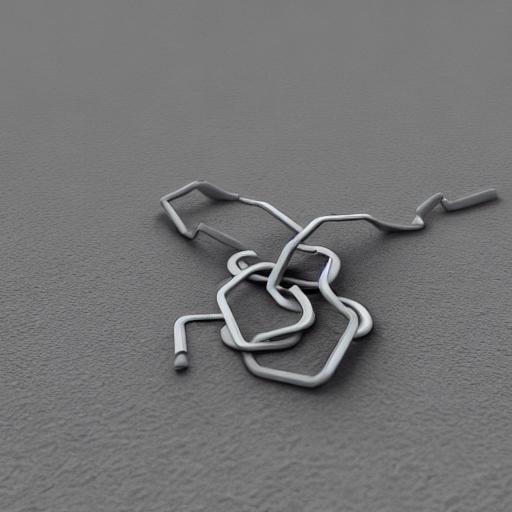
Link building is an essential aspect of any successful SEO strategy. However, what often goes unnoticed is the value of link reclamation. Link reclamation is the process of identifying and recovering lost or broken links to your website. It involves reaching out to website owners and requesting the restoration of these links or taking the necessary steps to fix them yourself.
Why is it important to invest time and effort into link reclamation? Firstly, lost or broken links can have a negative impact on your website’s organic search rankings. When search engines encounter broken links, they can hurt your website’s overall link profile and decrease its authority. Secondly, lost links mean missed opportunities for referral traffic. By reclaiming these links, you can recover the potential traffic that was previously directed to your site.
Here are some effective strategies for successful link reclamation:
1. Regularly Monitor Your Backlinks:
Start by monitoring your link profile regularly. Regular audits will help you identify any lost or broken links. There are various tools available, such as Ahrefs and Moz, that can provide you with this information. Once you have identified the problematic links, you can focus on reclaiming them.
2. Determine the Cause:
Understand why the links were lost or broken. There are several reasons why this might happen, including website migrations, content updates, or technical issues. By identifying the cause, you can devise an appropriate strategy to reclaim the link.
3. Contact Webmasters:
Reach out to the website owners or webmasters to request the restoration of the lost links. Be polite and provide them with the necessary information, such as the specific broken link and the correct URL. Explain the value of restoring the link and how it benefits both parties. Personalize your outreach to increase the chances of a positive response.

4. Offer Updated Content:
If the lost link was due to content updates or changes, offer an updated version to the website owner. Highlight how the updated content provides additional value to their audience. This approach not only helps you reclaim the lost link but also strengthens your relationship with the website owner.
5. Fix Broken Links:
If the lost link was due to technical issues on your end, such as broken URLs or incorrect redirects, take the necessary steps to fix them. Ensure that all internal and external links on your site are properly functioning. Regularly check for broken links and fix them promptly to avoid any negative impact on your SEO efforts.
6. Leverage Social Media:
Social media platforms can be a valuable tool for link reclamation. If you come across a broken link on social media, reach out to the person who shared it and provide them with the correct URL. Additionally, use your own social media channels to promote updated content or inform followers about broken links and encourage them to share the correct ones.
By implementing these link reclamation strategies, you can effectively recover lost or broken links, thereby enhancing your website’s SEO and driving more organic traffic.







